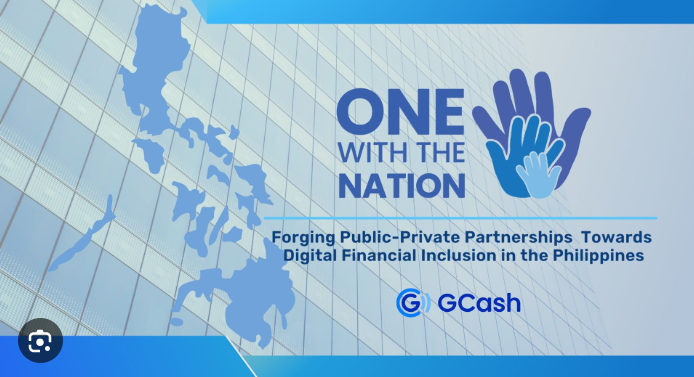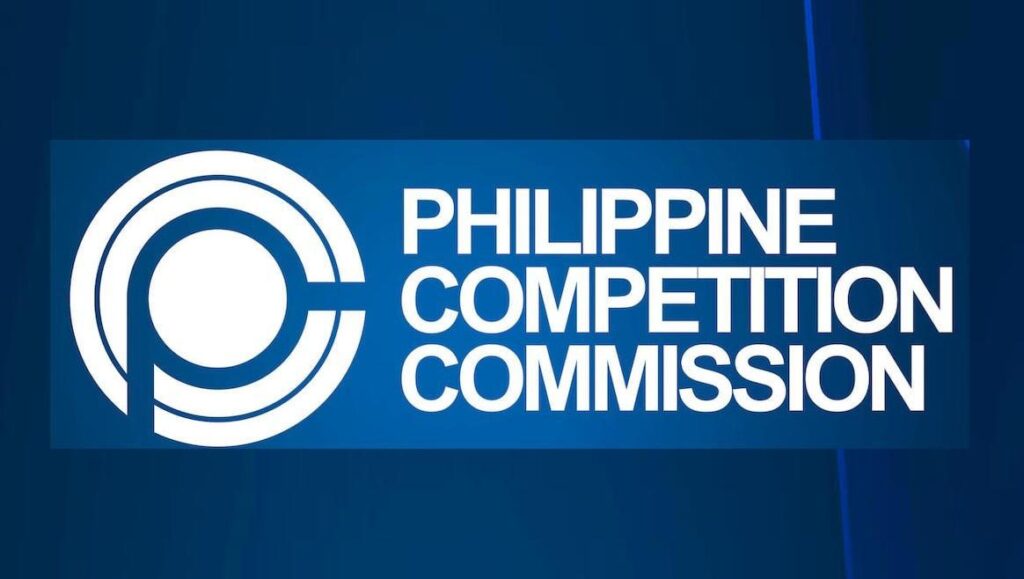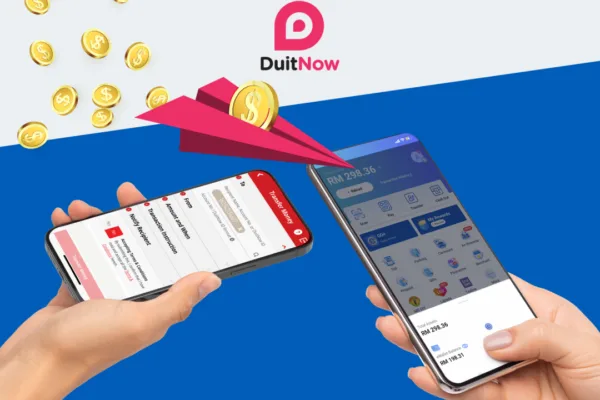The Philippine Competition Commission (PCC) has initiated a Phase II review of Globe Fintech Innovations Inc.’s (Mynt) proposed acquisition of a 100% stake in Electronic Commerce Payments Inc. (ECPay).

This heightened scrutiny underscores the watchdog’s commitment to safeguarding competition in the fast-evolving digital payments landscape in the Philippines.
Mynt, the parent company of the popular mobile wallet GCash, seeks to acquire all issued and existing shares of ECPay. The transaction was first notified to the PCC on April 23, with the Phase II review commencing on September 19 following concerns raised during the initial review process.
PCC explains why it matters
GCash, operated by Mynt, is a leading financial technology platform in the country, offering services such as money transfers, bill payments, mobile top-ups, and access to credit and investment products. Globe Capital Venture Holdings Inc., AC Ventures Holdings Corp., Alipay Singapore Holdings, and Antfin Singapore Holdings jointly own Mynt.
ECPay, on the other hand, is a significant player in the electronic payment sector. It provides payment solutions across a diverse merchant network, including convenience stores, supermarkets, gas stations, and pawnshops. Its services range from payment of bills and cash-in/cash-out transactions to credit card payments. Currently, the ownership of ECPay is shared between Globe and Payment One Inc.
The integration of ECPay’s extensive merchant network with GCash’s robust user base could strengthen Mynt’s position in the digital payments market. However, this has raised concerns about potential anti-competitive outcomes.
Earlier this year, GCash expanded its services to 10 international markets to boost e-wallet convenience for Filipinos abroad by enabling overseas Filipino workers to register using their local mobile numbers in the countries where they live and work.
Key areas of concern

The PCC’s Phase II review aims to address whether the proposed deal could stifle competition in critical market segments such as payment services, aggregator services, and merchant solutions. Specific issues include:
- Retail and Digital Payment Channels: The potential dominance in transactions conducted through sari-sari stores, retail outlets, and online platforms.
- Financial Services Market: Possible impacts on credit services, personal loans, and other financial products accessible through digital wallets.
- Consumer Impact: Risks of higher prices, diminished service quality, or restricted choices for consumers in the rapidly growing e-payment sector.
The PCC highlighted the need to ensure fair competition and consumer welfare, particularly given the increasing reliance on digital financial services in the Philippines.
Public engagement and feedback
The regulator is inviting feedback from stakeholders, including consumers, merchants, and competitors, to understand the potential implications of the transaction better.
Interested parties can submit comments until December 8 through multiple channels:
- Email: mergers@phcc.gov.ph with the subject line “Comments on Mynt and ECPay”
- Online form: bit.ly/CFC-Mynt-ECPay
- Mail: PCC’s office at Vertis North Corporate Center Tower 1 in Quezon City
The public’s input will play a crucial role in assessing whether the acquisition might significantly harm market competition, influence service quality, or limit availability.
Regulator’s commitment

The PCC emphasized that the in-depth Phase II review reflects its priority of preserving a level playing field in the payments and financial services markets.
“Ensuring robust competition is essential to fostering innovation, protecting consumer interests, and supporting the sustainable growth of digital financial services in the country,” the PCC stated.
This investigation underscores the regulator’s vigilance in addressing potential monopolistic practices amid the rapid digitization of financial services in the Philippines.
The PCC’s decision on the transaction will depend on findings from the Phase II review and the feedback gathered from stakeholders. If significant anti-competitive risks are identified, the commission could impose remedies and even block the deal to maintain fair market conditions.
The outcome of this review could have far-reaching implications for the digital payments ecosystem in the Philippines, potentially shaping the competitive dynamics of one of the country’s fastest-growing sectors.







